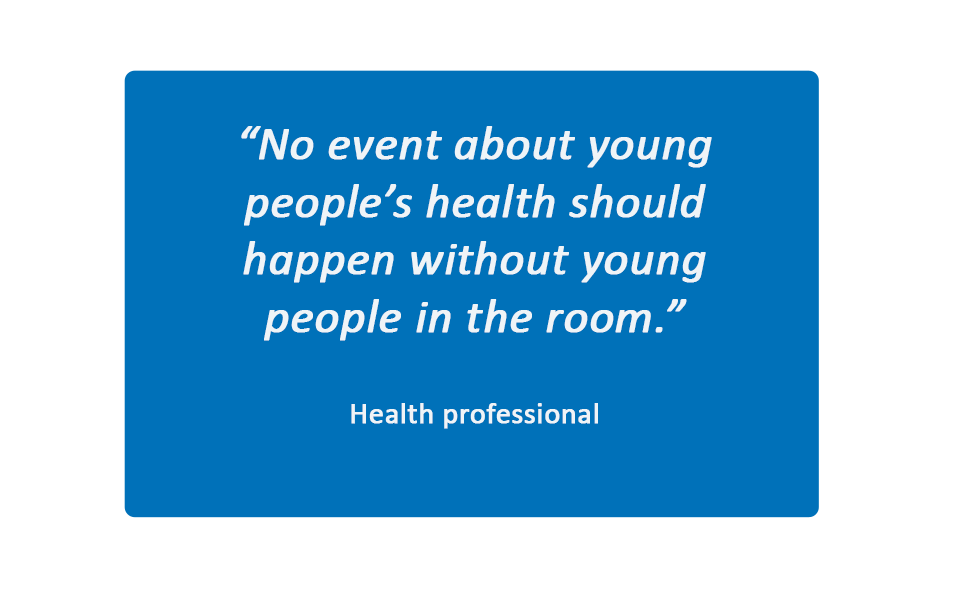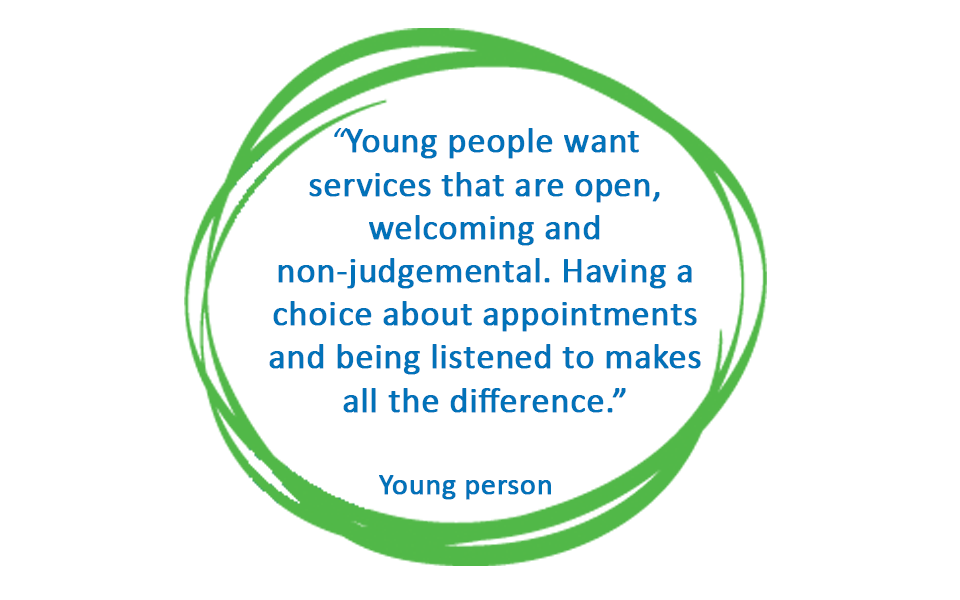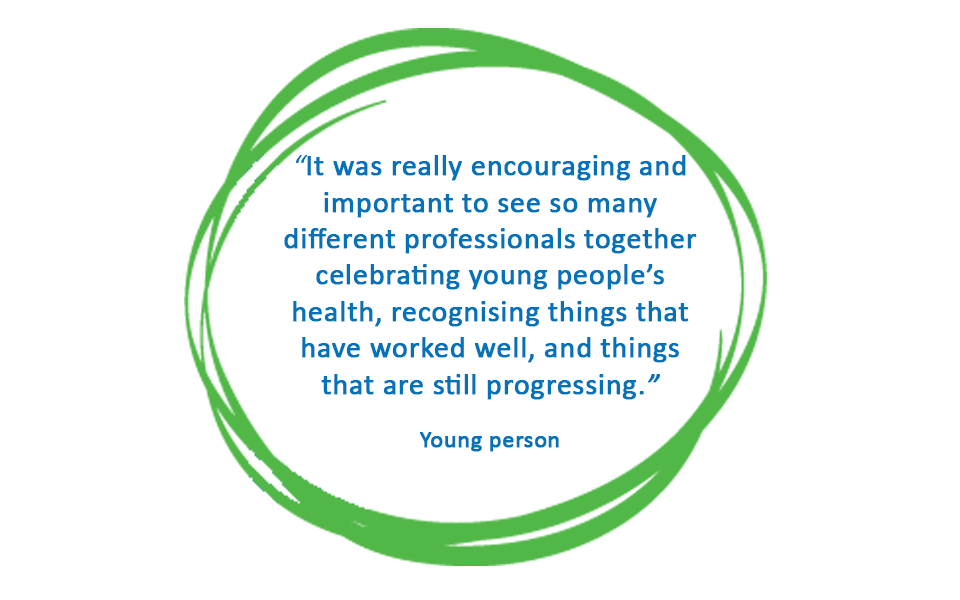On 30 September, AYPH brought together young people, practitioners, researchers, and funders to share innovation and good practice in adolescent health. The event highlighted both the challenges facing the system and the opportunities for doing things differently.
Attendees described the event as energising and reflective, with many noting the value of hearing directly from young people. One commented that “Youth ambassadors were amazingly inspiring, and I came away with so many reflections as a doctor and parent.” Another said:

Key themes included:
- Tackling inequalities – addressing ethnicity, deprivation, neurodiversity, and the needs of groups such as care leavers and students.
- Workforce and system pressures – a “perfect storm” of fragmented funding, under-resourced wards, and the need for cross-boundary skills.
- Integrating physical and mental health – holistic assessments covering diet, activity, and sleep, and joined-up pathways.
- Youth voice and relationships – young people stressed the importance of open-door services, consistent staff, and being listened to.
The day reinforced a simple but powerful message: innovation and good practice in adolescent health must start with young people’s voices and be supported by collaboration across the whole system. To sustain this work, we also need long-term funding dedicated to this specific age and stage of development, ensuring services for young people are not left behind.

Our takeaways from the event:
- Young people should be offered longer appointment times to build trust and support engagement.
- Consistent staffing and administrative support are vital to reduce missed appointments and improve continuity of care.
- Non-clinical roles, such as youth workers, play an essential part in building relationships and making services welcoming.
- Investment in training and cross-boundary skills will help the workforce respond to young people’s multifaceted needs.
Author: Kirsty Blenkins
October 2025

